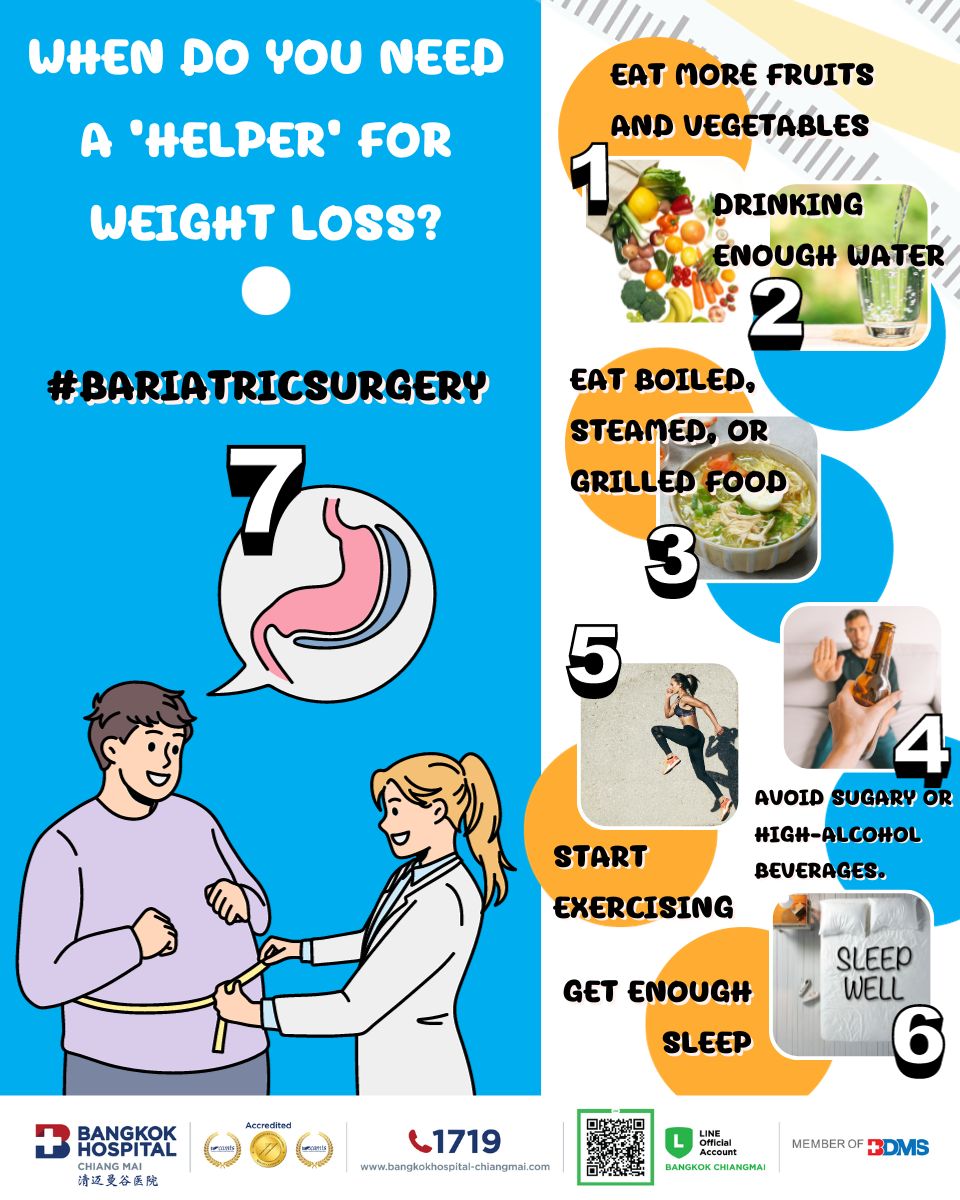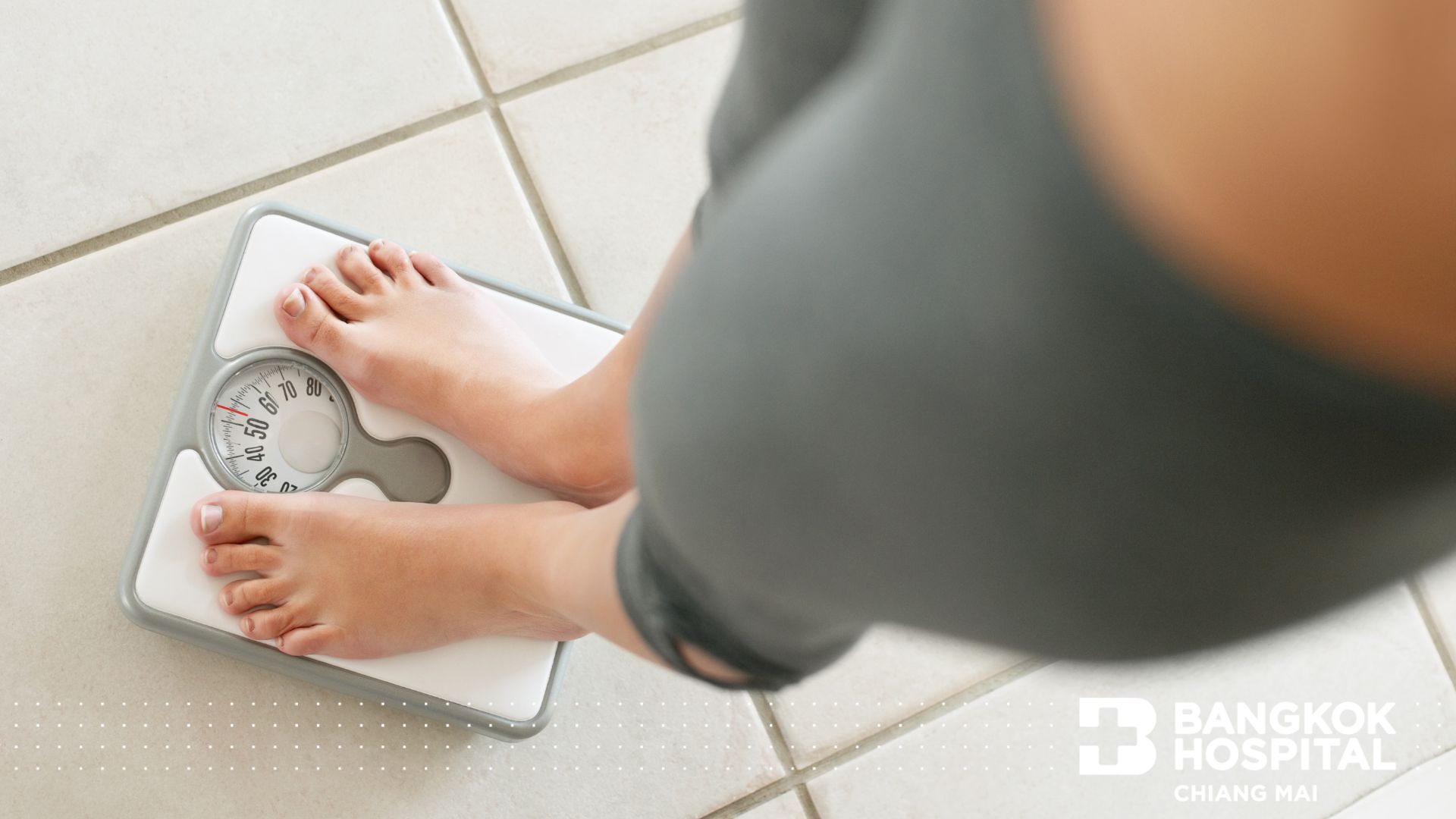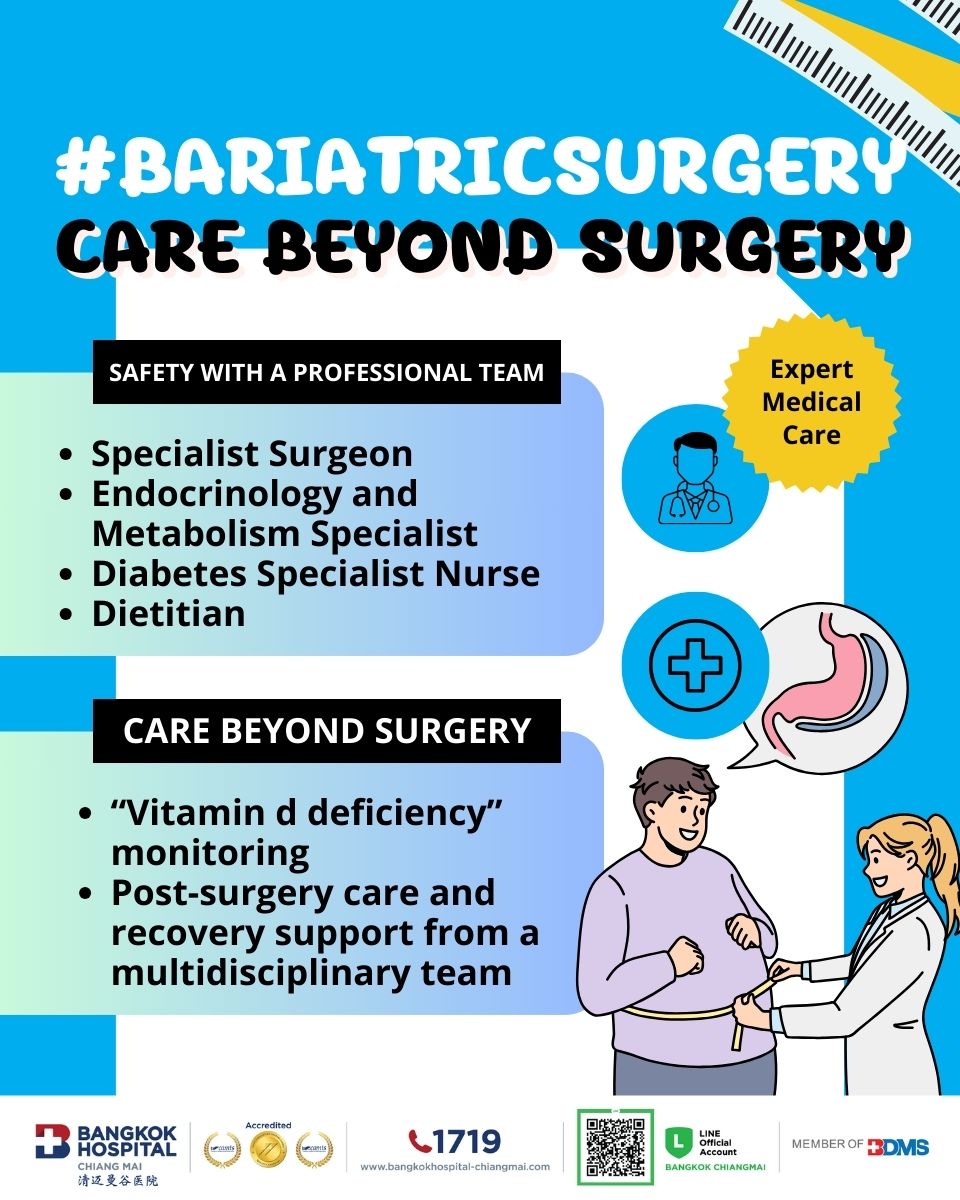Many people believe that losing weight or reducing obesity is a national mission. However, every time you decide to lose weight, it's certainly not easy because there are various methods and options to choose from. Whether it's following a keto diet, calorie counting, intermittent fasting (IF), or exercising, the key is to choose what suits your personality, body limitations, and most importantly, having the discipline to take action!
You Can Do It Yourself - It's That Simple
- Eating habits play a significant role. Controlling your food intake, reducing carbohydrates, increasing fiber, and providing essential vitamins to your body are essential in every weight loss journey.
- Drinking water is crucial. You should consume at least 8-10 glasses of water per day, as it helps maintain your body temperature balance and detoxifies effectively.
- Focus on cooking your meals by boiling, steaming, or grilling more than frying or deep-frying.
- Avoid sugary or high-alcohol beverages.
- Exercise for at least 30 minutes a day. It's essential to choose a workout routine that fits your body type or simply engage in frequent physical activities like arm swings, easy stretching exercises, or using stairs instead of elevators.
- Get enough sleep. The ideal sleep time is from 10:00 PM to 6:00 AM. Quality sleep is crucial for your body's proper metabolism.
Once you've followed all these steps and observed changes in your body proportions and weight, comparing before and after your weight loss journey, if you achieve your weight loss goals, you're lucky. However, if you've followed these steps and haven't seen results, we still have recommendations for you!
As we grow older, particularly when we reach the age of 40, we start to observe a decline in the functioning of our metabolism. This leads to increased challenges in maintaining the shape and muscle proportions of our bodies to keep them looking beautiful and healthy. For some individuals, the traditional methods seem to be less effective, making them seek more substantial "helpers" and "solutions."
Safety with a Professional Team
The ultimate helper who delves into the heart of the obesity problem is a team of medical professionals and specialists from multidisciplinary team, including Internal Medicine, Rehabilitation, Health Promotion Center, and Surgery. These experts work together to identify the root causes and tailor appropriate solutions for sustainable weight loss, especially in cases where "Bariatric surgery" is suitable for individuals aged 15 and above with a BMI of 37 or higher (those with diabetes and high cholesterol with a BMI over 32.5).
"Bariatric surgery" is a procedure that uses the surgeon's expertise to remove part or all of the stomach. Normally, our stomach has a capacity of 2,000 milliliters, but this procedure will safely reduce the capacity to limit the amount of food and drink the stomach can hold. This is a very popular treatment for obesity in Western countries. to reduce the risk of other complications as well.
Care Beyond Surgery
Patients will receive post-surgery care and recovery support from doctors, dietitians, and specialized nurses. After the surgery, patients will have regular follow-up appointments with doctors to monitor their vitamin levels, particularly Vitamin D, over three months to ensure there are no deficiencies. This helps ensure patients maintain their weight loss and adapt to a changed lifestyle during the golden period after Bariatric surgery, leading to continuous weight reduction and a transformed way of life.
Surgery Clinic | Bangkok Hospital Chiang Mai
Tel. 052 089 888 Or Call Center 1719
Source: Bangkokhospital














